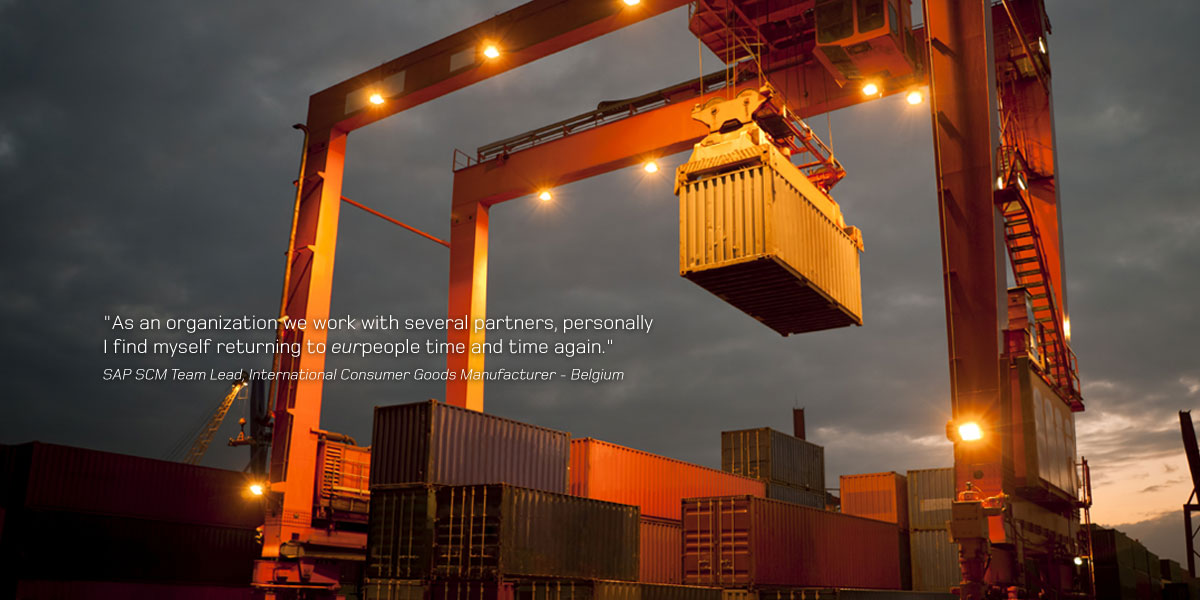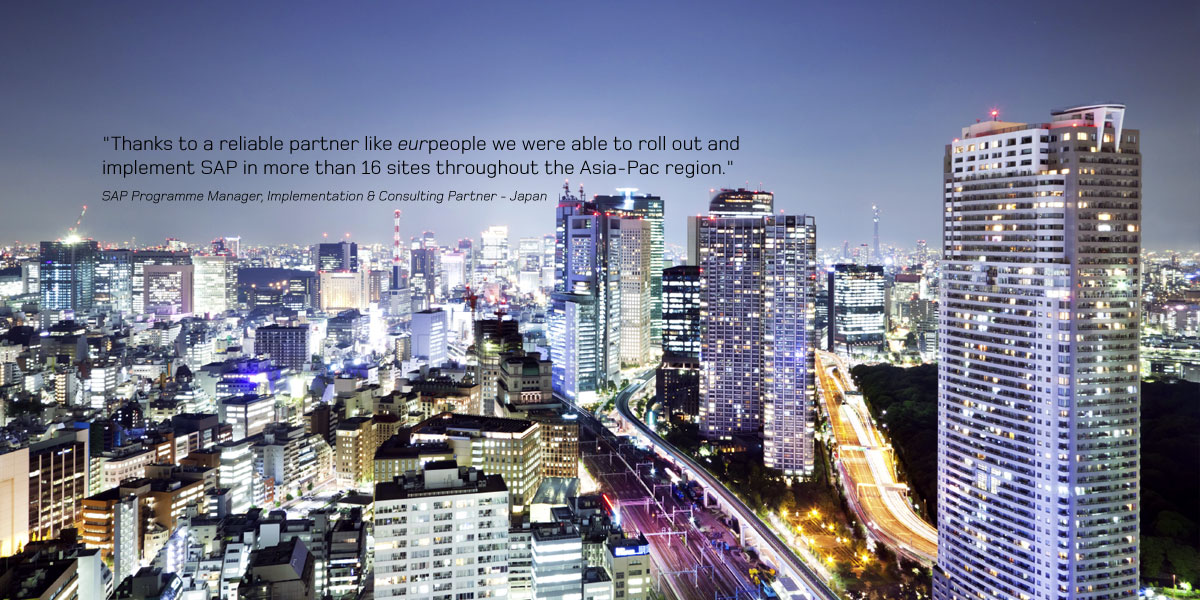Taming the Dragon
Marvin Qian cannot influence the pace of modern life in China, but a centuries-old tradition is helping him adapt.
Shanghai. Symbol and focal point for China’s rapid ascent to global economic powerhouse. The hustle and bustle in the world’s most populous city is enough to sweep anyone off their feet. In the middle of it all is a young generation of Chinese professionals embodying the hopes and dreams of a society that, until recently, has known no limits. The pressure to succeed is immense.
It’s a challenge facing many professionals worldwide, but it probably packs the biggest punch in fast growth markets such as India, Brazil, and China where opportunity is everywhere but elusive, because the pace of change is unparalleled.
Marvin Qian knows something about the pressure first hand. He has seen and felt what it means to adapt to new teams, topics, and technologies. He began his career as a consultant and joined SAP in 2012 as a software engineer at SAP’s research and development center in Shanghai. With over 2,500 employees, SAP’s R&D center in China – comprising six locations – is SAP’s third largest development unit, and one of over 15 R&D centers worldwide.
Marvin is currently a member of SAP’s Central Finance development team, which is creating a new solution based on the company’s new generation business suite, SAP S/4HANA. The solution, which helps companies generate consolidated financial statements, is a game changer for corporations because it applies an in-memory database to show companies their current financial status, on the fly and in real time. In most companies, financial consolidation can take several weeks.
“The business flow and the way products are developed has changed,” says Marvin. “You have to constantly adapt to a lot of new things. I felt a constant pressure to succeed, so I was always busy either working or expanding my knowledge,” explains Marvin. “This led me to set goals for myself which were difficult to achieve, and I had the expectation on myself to always be faster and faster.”
As the pressure mounted, Marvin turned to classical meditation as a way of calming his mind. In 2013 he discovered tai chi at a club event at SAP. Tai chi’s roots are intertwined with traditional Chinese medicine and philosophy, especially Taoism, and with another healing mind-body exercise called qigong. The centuries-old tai chi turned out to be a natural development from Marvin’s meditation practice, and it provided a key to balancing out the daily pressures of work.
“When I practice tai chi, I feel relaxed and I calm down. I have to concentrate and focus my mind on the move, and after practicing I feel refreshed and full of new energy,” says Marvin. He says that the movements in tai chi have helped him to adapt to changes at work, almost subconsciously. “Work or family problems are banned from your mind. After a long time of practicing, they are just gone so you are totally refreshed.” “After several months I felt inner peace,” he explained.
Although Marvin originally viewed tai chi as an exercise only for elderly Chinese in the park, he is now so convinced of its positive effects that he recommends it to his colleagues.
Video: Natalie Hauck and Alex Januschke, SAP Development University
| Location: | Start Date: | ||
| Rate: | Duration: | ||
| Type: | Reference: |
Contact Details
To find out more about how eurpeople can cater for your needs contact us at the following:
London Office
eurpeople Recruitment Ltd
South Point House, 321 Chase Road
London, N14 6JT, United Kingdom
Middle East Rep Office
eurpeople ME Recruitment Ltd
PO Box 309, Girne
Mersin 10, Turkey












